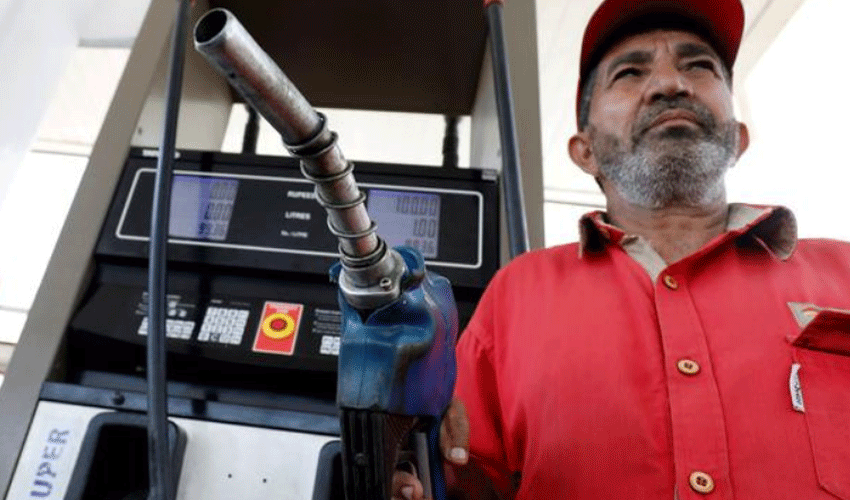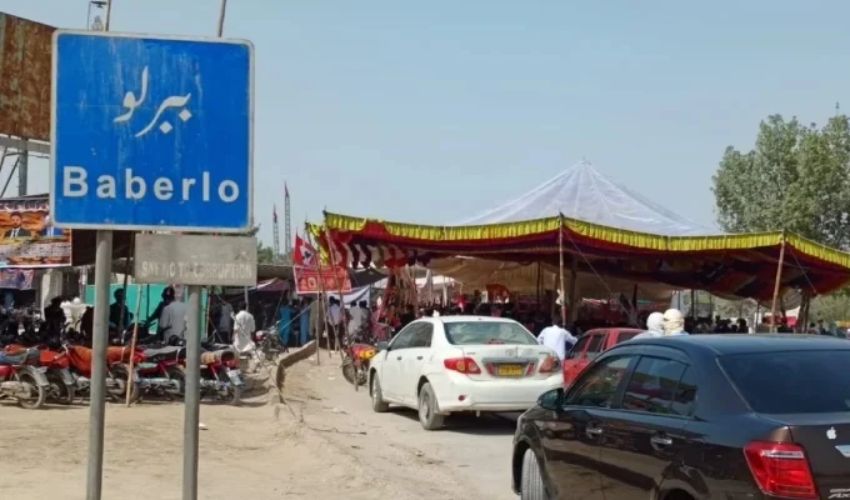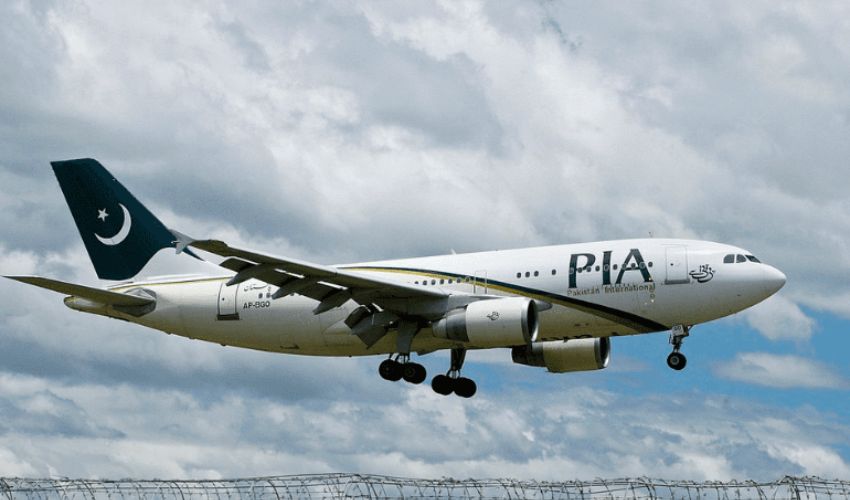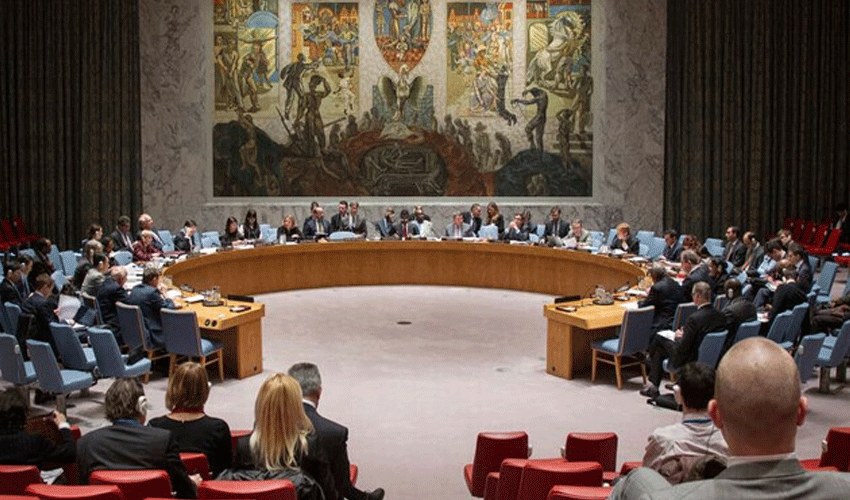The Pakistan Institute of Development Economics (PIDE) has suggested some very important election reforms, including a reduction in the National Assembly's term, more powers for the election commission, the size of the cabinet, and the number of seats a single candidate can contest.
As per the report, titled 'Reform Agenda', the prominent economic and research think tank has suggested the following changes to ensure a smooth election process in the future:
- The constitutional term of an elected government should be reduced from five years to four years.
- The interim or caretaker government system should be abolished, and the Election Commission of Pakistan should be made independent, autonomous, and empowered.
- Ban on a single candidate contesting elections for more than one seat at a time.
- Overseas Pakistan should be given reserved seats in the National as well as provincial assemblies.
- A bar on expenses for election campaigns.
- There should be regular election for every seat in parliament, as per the proposed reform agenda.
- There should be a debate on issues and policies among election candidates.
- Electronic voting machines or online voting should be introduced for elections.
Cabinet size
- The PIDE also proposed limiting the size of the federal cabinet to eight to 10 ministers only.
- After including the prime minister’s special assistants, the overall size of the cabinet should not exceed 25.
Government officials, officers
- The promotion of government officers or employees should be subject to performance.
- Additional incentives should be abolished and market-based comparative pay or pension should be fixed.
- Recruitments should be made on contract basis and permanent job abolished.
- Proposal to promote political stability, modern public administration, trade in the country.
- Social infrastructure, making cities growth engines, modern markets has also been proposed.
- Fiscal management, building an inclusive community and harmonious society has been emphasized.
Political parties
- For registering a new political party, it should have at least 50,000 registered voters.
- There should be proper intra-party elections at least once every three years.
- The distribution of party tickets should be based on mutual decision, gender and minorities.
- For the election process, the minimum number of voters, turnout and vote conditions should be clearly defined.
Parliamentary participation
- The lawmakers’ attendance in parliament and participation in debates should be ensured.
- A proposal to ban the release of development funds through a single seat of parliament.
- The running of government affairs through ordinance should be stopped.
- Parliament and executive should be separated.
Attendance report of lawmakers
Who among the six former prime ministers had the best attendance in the National Assembly? The National Assembly was given the most importance during the tenure of the Pakistan Peoples Party, followed by the Pakistan Muslim League-N, and the PTI on the fourth sport in terms of attendance.
- Former prime minister Yousuf Raza Gilani topped the list of attendance with 76% in the National Assembly.
- Raja Pervaiz Ashraf's attendance in the Lower House was 21%.
- Shahid Khaqan Abbasi stood third with 19% attendance, followed by Shehbaz Sharif on the fourth spot with 17%.
- Nawaz Sharif was on the fifth spot with 14% attendance in the National Assembly.
For political stability, @PIDEpk proposes political parties to reflect on their manifesto, bring democracy in action, democratise election campaigns & democratise on legislative & parliamentary fronts.@pmln_org @PPP_Org @PTIofficial @NAofPakistan @JIPOfficial @juipakofficial pic.twitter.com/XIQETVsFV3
— Pakistan Institute of Development Economics (PIDE) (@PIDEpk) January 3, 2024
National Assembly expenditures
-
- The expenditure on one seat of the National Assembly has been revealed to be more than Rs66.5 million.
- The 15th National Assembly worked for an annual average of only 249 hours. The per-year working turns out to be only 31 days.
- The per-hour cost of each seat in the National Assembly is Rs266,000 per hour.
- The 14th National Assembly functioned for 315 hours or 39 days.
- The average cost per seat of the 14th National Assembly was more than Rs30 million, as per the PIDE report.



























